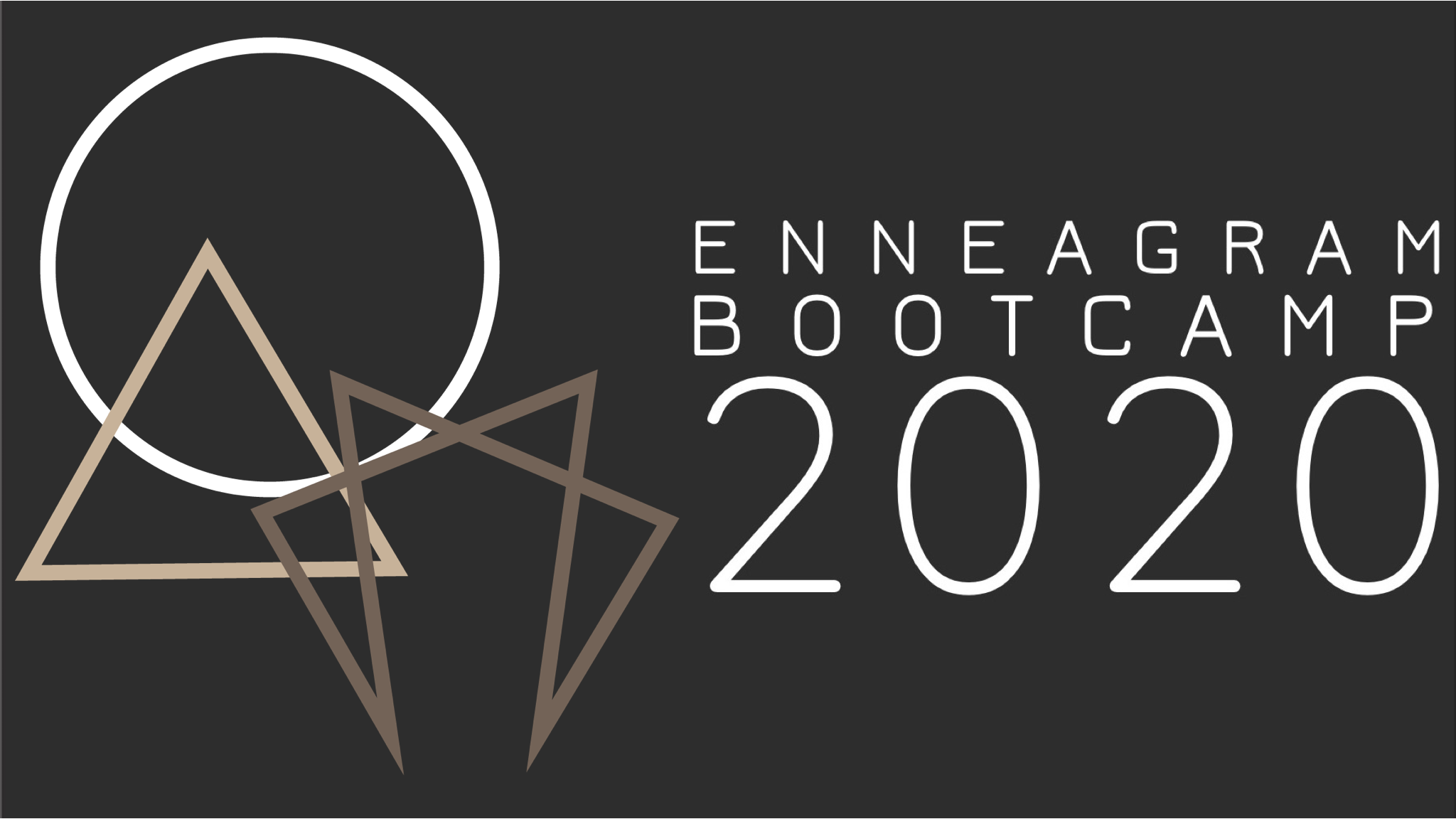Day 1 Recommended resources:
Boss, P. (1999). Ambiguous loss: Learning to live with unresolved grief. Cambridge, MA: Harvard University.
Boss, P. (2006). Loss, trauma, and resilience; Therapeutic world with ambiguous loss. New York: W. W. Norton.
Gottman, J. M. (2011). The science of trust: Emotional attunement for couples. New York: W. W. Norton.
Greenspan, M. (2003). Healing through the dark emotions: The wisdom of grief, fear, and despair. Boulder, CO: Shambhala.
McGoldrick, M. (1995). You can go home again: Reconnecting with your family. New York: W. W. Norton.
Whyte, D. (2009). The three marriages: Reimagining work, self and relationship. New York: Riverhead.
Galindo, I., Boomer, E., & Regan, D. (2016). A family genogram workbook. Coppell, TX: Educational Consultants.
Beaumont, S. (2019). How to lead when you don’t know where you’re going: Leading in a liminal season. Lanham, MD: Rowman & Littlefield.
Rosenberg, M. B. (2005). Speak peace in a world of conflict: What you say next will change your world. Encinitas, CA: PuddleDancer.

